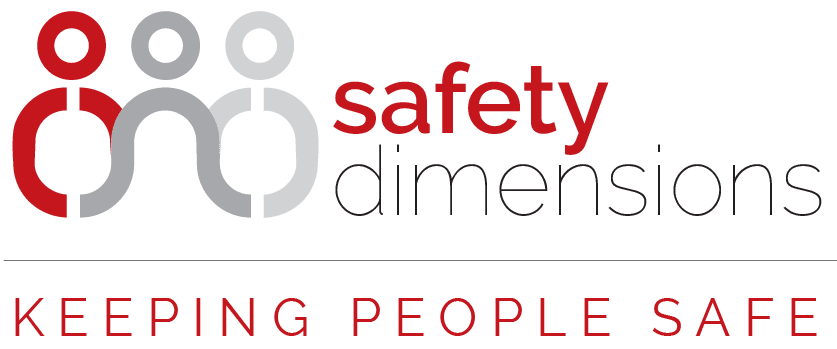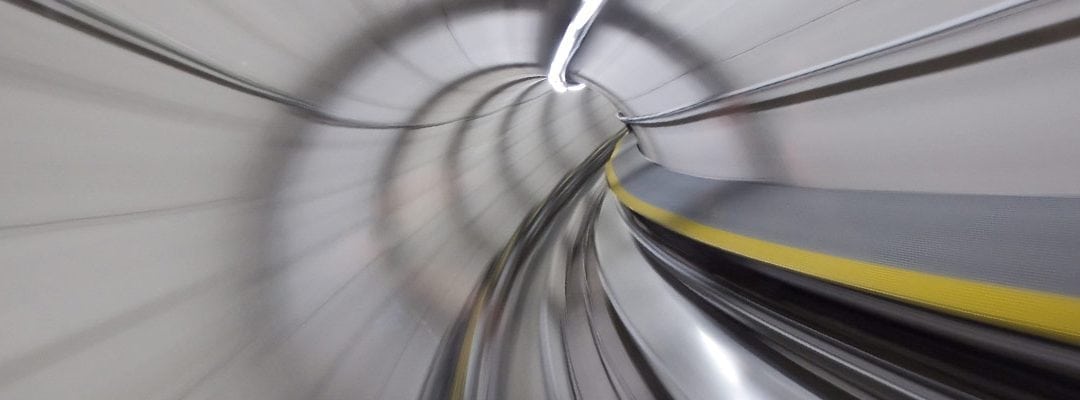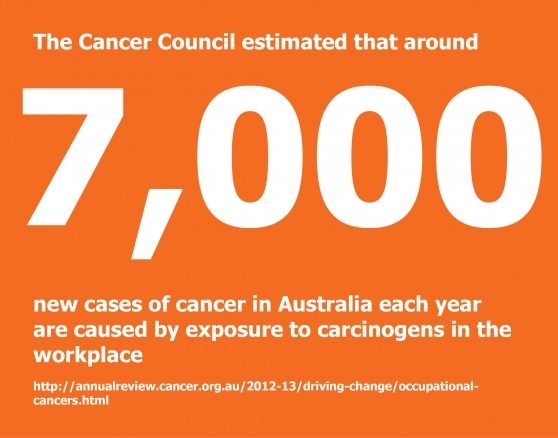How can leaders make things feel as normal as possible to support business as usual’ when we’re certainly not in a business as usual’ environment?
So here we are at the beginning of a seismic disruption to workplaces all around the world with the COVID-19 response. Organisations are shifting the way they’re doing businesses, some are closing temporarily, others are mandating their people to work from home, and some are doing both.
This is a challenge for leaders. How can leaders make things feel as normal as possible to support business as usual’ when we’re certainly not in a business as usual’ environment?
The US military coined the acronym VUCA’ to describe times of rapid and unpredictable change that are Volatile, Uncertain, Complex and Ambiguous. VUCA can be used to explore the challenges surrounding the COVID-19 landscape and can double as a simple catch all summary for Everything is going completely NUTS out there!
It can also serve as a very useful frame for how leaders should and should not respond at this time as leaders can often display the VUCA characteristics in their own leadership style. This is even more detrimental in the current landscape.
Mertz (2014) gives leaders some tips on leading through VUCA times through the acronym DURT – being Direct, Understandable, Reliable and Trustworthy.
How you can apply this in a COVID-19 response environment :
Be Direct – Give your people the facts. What does the current situation mean for your business and the work your people are doing? How can you do this with kindness and compassion?
Be Understandable – Create a clear context and give clear messaging. Break down messages for your workforce in terms of what your plans mean for them in their role. If you have people in your organisation with English as a second language, or with literacy challenges, make sure your communications are delivered in formats and language that can be understood by them. Consider all communication formats, don’t just rely on email. Try WhatsApp groups, or communicate through video messages for more personalised communication.
Be Reliable – Ensure people can count on you. Workforces are looking at their leaders for direction and reassurance. Do what you said you’d do, or be straight about why the situation has had to change.
Be Trustworthy – No leader, politician or health care professional has a crystal ball to see the future and what the impact of COVID-19 will be. As much as we all crave certainty, acknowledge that situations are changing daily and be straight and compassionate.
Also, leaders need to look out for their wellbeing and that of their people. This can be challenging when we are feeling the impacts of the COVID-19 response, not just at work, but at home and in the wider community. So, don’t forget to be kind to yourself, and others.
REFERENCES:
VUCA Times Call for DURT Leaders
https://www.thindifference.com/2014/05/vuca-times-call-durt-leaders/
Additional information for employers
Here’s some additional information from Safe Work Australia on when employers can direct employees to stay away from their usual workplace under workplace health and safety laws.
Safe Work Australia has information about when an employer can direct employees to stay away from their usual workplace under the model workplace health and safety laws.
More information:
- State or Territory workplace health and safety bodies – for information on State and Territory workplace health and safety.
Want to elevate your leadership capacity?
Safety Dimensions offers accredited and non-accredited leadership training for emerging leaders. Through our training, you'll learn how to effectively communicate, set clear priorities, build team cohesiveness and implement operational plans and continuous improvement.
Want this program customised for your workplace and industry?
Call 03 9510 0477 or email info@ldn.com.au
More from our blog
Half empty or half full?
A psychologist walked around a room while teaching stress management to an audience. As she raised a glass of water, everyone expected they'd be asked the half empty or half full question. Instead, with a smile on her face, she inquired: How heavy is this glass of...
Dealing With Stress Programs
Dealing With Stress Programs Stress comes in many forms, sometimes positive and useful for peak performance and sometimes counterproductive when built up over a period of time. Stress shows up as higher absenteeism, higher workcover claims, poor performance, bullying...
Cancers from workplace exposure
The Cancer Council estimated that around 7,000 new cases of cancer in Australia each year are caused by exposure to carcinogens in the workplace. The report estimates that as many as 1.5 million Australian workers, engaged in 51 different industries, may be exposed to...





